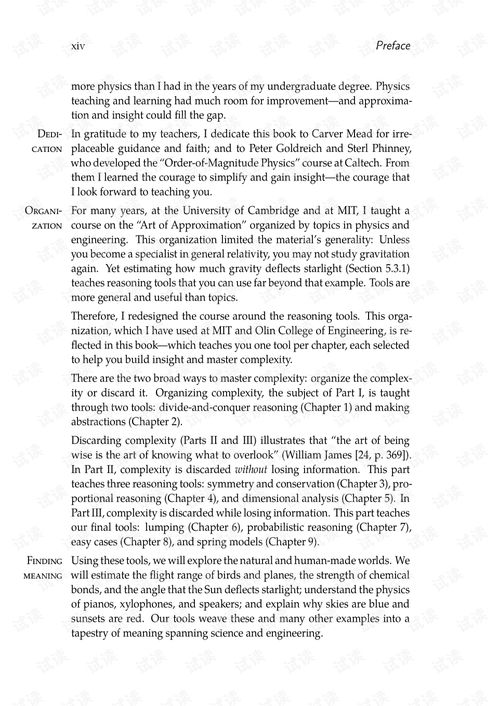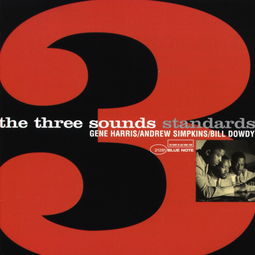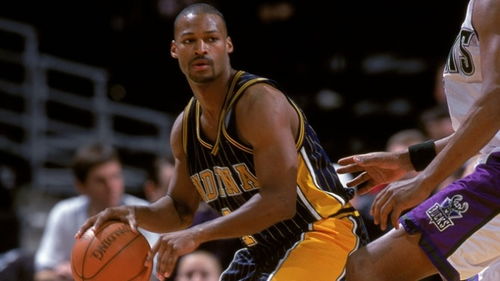A Beginner's Guide to Fishing: Essential Tips for Novice Anglers
Embarking on the exciting world of fishing can be both thrilling and daunting for a beginner. With the right set of skills and knowledge, you can turn your first fishing trip into a memorable and successful experience. Whether you're planning to cast your line in a serene lake, a bustling river, or the vast ocean, here are some essential tips to help you master the art of fishing as a novice angler.
Choose the Right Equipment
Before you step into the water, it's crucial to have the right equipment. Here's a rundown of the basic gear you'll need:
- Rod and Reel: The rod and reel combination should match the type of fishing you plan to do. For freshwater fishing, a spinning rod and reel are a great starting point. For saltwater, a baitcasting setup might be more suitable.
- Line: The type of line you use depends on the fish you're targeting and the environment. Monofilament, fluorocarbon, and braided lines are common choices, each with its own advantages.
- Hooks: The size and type of hooks should correspond to the fish you're after. For smaller fish, a lighter hook is preferable, while larger fish may require heavier-duty hooks.
- Lures and Bait: Lures mimic the movement of real prey and can be used to attract fish. Live bait, such as worms or minnows, can also be effective. Choose lures and bait that are known to work in your fishing spot.
Learn the Basics of Casting
Casting is the process of throwing your line into the water. Here are some casting tips for beginners:

- Practice Throwing: Find an open area to practice casting without worrying about snags or obstacles.
- Keep it Simple: Start with a simple overhead cast. Once you're comfortable, you can experiment with different casting techniques.
- Control Your Line: Learn to control the tension on your line to prevent it from tangling or flying out of your hands.
- Use the Right Grip: Hold your rod with a comfortable grip, but make sure you have enough control to make precise movements.
Understand Fish Behavior
To be a successful angler, it's important to understand the behavior of the fish you're targeting. Here are some key points:
- Fish Patterns: Fish often move in predictable patterns, especially during certain times of the day or year. Learn to identify these patterns to increase your chances of catching fish.
- Water Temperature: Fish are sensitive to water temperature. Cold water can make them less active, while warmer water can make them more aggressive.
- Weather Conditions: Wind, rain, and other weather conditions can affect fish behavior. Plan your fishing trips accordingly.
Patience is Key
Fishing is a sport that requires patience. Here's why:
- Fish Take Time to Bite: Don't get discouraged if you don't catch anything right away. Fish may take time to bite, so be prepared to wait.
- Adjust Your Strategy: If you're not having luck, try changing your bait, lure, or location.
- Enjoy the Experience: Remember that fishing is about more than just catching fish. It's a chance to relax, enjoy nature, and spend time with friends and family.
Safety First
Safety should always be a priority when fishing. Here are some safety tips:
- Check the Weather: Before heading out, check the weather forecast and plan accordingly. Avoid fishing in severe weather conditions.
- Tell Someone Where You're Going: Inform a friend or family member about your fishing plans, including your destination and expected return time.
- Wear a Life Jacket: If you're fishing from a boat or in deep water, always wear a life jacket.
- Use Caution Around Water: Be aware of your surroundings and take precautions to avoid falling into the water.
Respect the Environment
Fishing is a way to connect with nature, so it's important to respect the environment:
- Follow Local Regulations: Be aware of and comply with local fishing regulations, including size and catch limits.
- Dispose of Waste Properly: Don't leave litter behind. Dispose of trash in designated bins or take it with you.
- Leave No Trace: Minimize your impact on the environment by following Leave No Trace principles.
By following these tips, you'll be well on your way to becoming a skilled and responsible angler. Remember, the best way to learn is through practice, so don't be afraid to get out there and start fishing. Happy casting!












